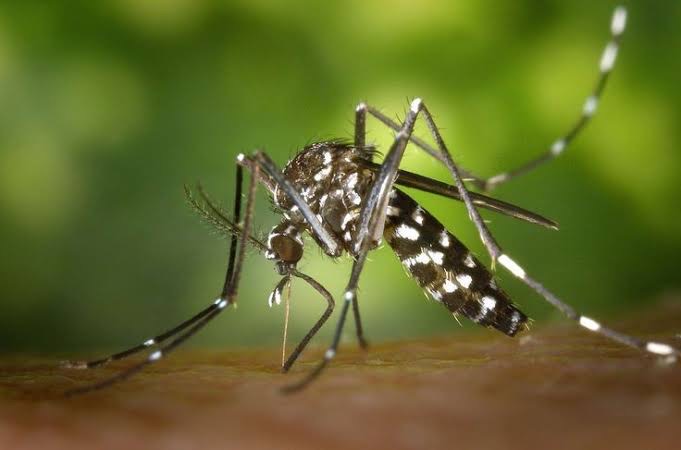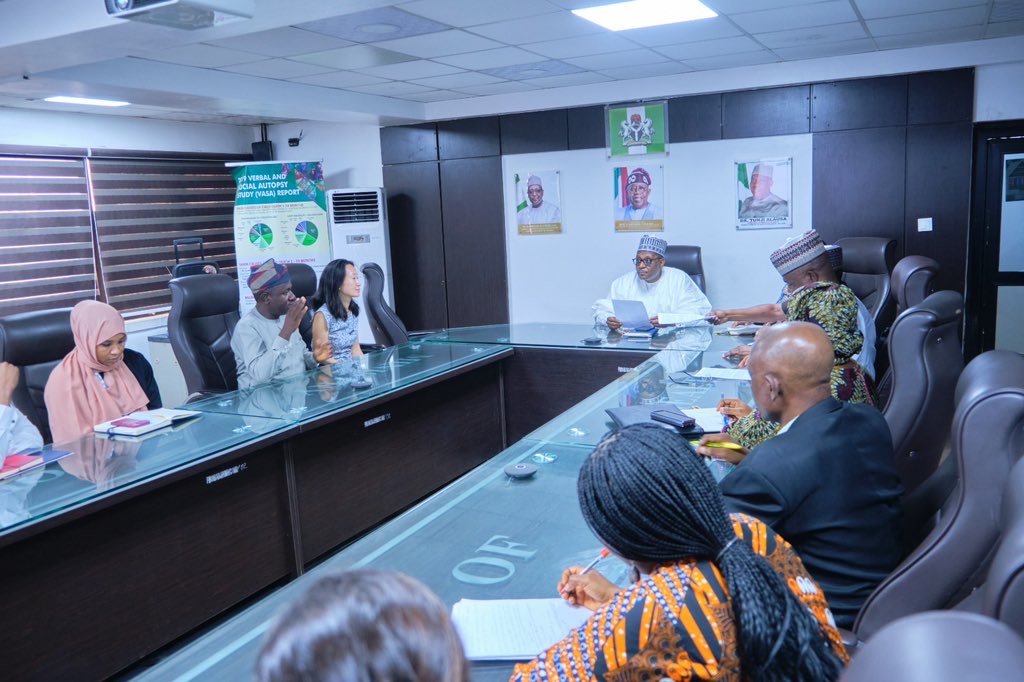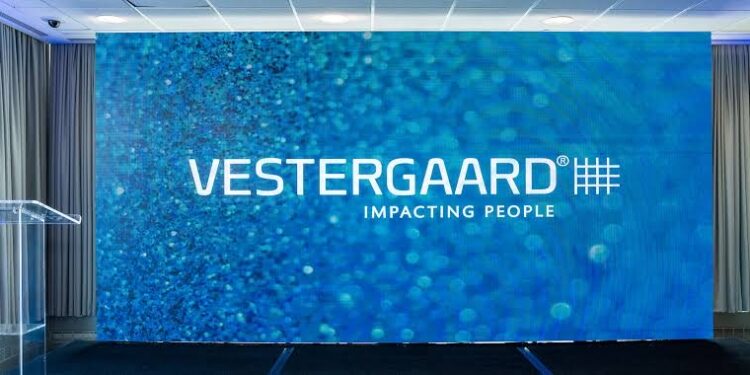Vestergaard Sàrl, a global company known for its efforts in combating vector-borne diseases, announced today that it has signed a memorandum of understanding (MoU) with the Government of Nigeria through the Presidential Initiative for Unlocking the Healthcare Value Chain (PVAC).
This MoU marks a significant step toward positioning Nigeria as the first manufacturing hub in West Africa for insecticide-treated nets (ITNs) aimed at fighting malaria. More notably, this will make Nigeria the first country on the continent to produce dual active-ingredient nets, a critical innovation in the ongoing battle against insecticide-resistant malaria.
Malaria remains a deadly disease, especially in Africa, where it accounts for approximately 95% of global malaria cases. Tragically, a child under the age of five dies from the disease nearly every minute. Nigeria, alone, contributes to a quarter of these cases.

Given these alarming statistics, there is a growing consensus that innovative approaches are essential to combat the disease, particularly through local manufacturing of cost-effective tools such as insecticide-treated nets, medications, and vaccines.
The MoU with Vestergaard signifies the initial framework for establishing a joint venture between the company and a Nigerian manufacturing partner. This partnership could potentially receive backing from MedAccess, a social investor funded by British International Investment, the UK’s development finance institution and impact investor.
The selection process for a local partner is already underway and will proceed following a thorough due diligence process. Moreover, Vestergaard is in discussions with the U.S. International Development Finance Corporation (DFC) regarding potential financing opportunities for the project.
If the joint venture succeeds, it will result in the establishment of a state-of-the-art manufacturing facility in Nigeria. This facility will serve as a flagship for producing high-quality insecticide-treated nets, setting a global benchmark for bioefficacy, safety standards, and sustainability practices.
At its full operational capacity, the facility will produce an estimated 10 million PermaNet® Dual long-lasting insecticidal nets annually. These nets will serve both the Nigerian market and international exports, creating about 600 jobs within the country.

Dr. Muhammad Ali Pate, Nigeria’s Minister of Health, emphasized the critical importance of increasing access to long-lasting insecticide-treated nets (LLINs) in the fight against malaria. He stated, “Increasing access to long-lasting insecticide-treated nets is crucial. We cannot afford to underestimate the power of prevention in our fight against malaria. Collaborative efforts, such as this, are essential to mobilizing the resources and expertise needed to combat malaria effectively.”
Dr. Abdu Mukhtar, National Coordinator of PVAC, further highlighted the importance of maintaining high standards in local production. He remarked, “High standards in local production are non-negotiable. By investing in local bed net production, we are not only improving health outcomes but also paving the way for a self-sufficient healthcare system that can withstand global challenges. This partnership with Vestergaard is a significant step towards attaining this for Nigerians and the broader West African population.”
MedAccess, one of the key potential backers of the initiative, also expressed its support. Michael Anderson, CEO of MedAccess, emphasized the significance of local manufacturing in ensuring reliable access to vital health products, stating, “Next-generation mosquito nets are powerful tools to save lives and prevent debilitating disease.
Regional manufacturing is in turn a critical tool to ensure that the nets are available quickly, reliably, and sustainably.
“This agreement between the Government of Nigeria and Vestergaard underlines an important commitment to protecting people from malaria while strengthening supply chain resilience in the region. MedAccess is looking forward to working in partnership to explore how innovative finance can support this initiative.”
In a similar vein, Jim Polan, Vice President of the Office of Health & Agribusiness at the U.S. International Development Finance Corporation (DFC), highlighted the potential impact of DFC’s involvement in expanding regional manufacturing.
He remarked, “DFC’s investments in regional manufacturing, particularly in Africa, aim to strengthen health system resilience and diversify supply chains. We are exploring a variety of opportunities to expand access to critical health products, including bed nets, to ensure the region is better prepared to respond to malaria and other vector-borne transmission due to changing climate patterns.”
Amar Ali, CEO of Vestergaard, also praised the Nigerian government’s leadership in the fight against malaria. He expressed the company’s gratitude for the collaboration, saying, “This partnership exemplifies the leadership and commitment of the Nigerian government in the fight against malaria. We are very grateful for their engagement and support as we work together with partners to create a cutting-edge facility that will set a global benchmark in the manufacturing of dual-insecticide nets.”
The creation of a local production hub in Nigeria is seen as a significant milestone in the fight against malaria, particularly as it will bring about greater access to high-quality insecticide-treated nets and help combat the growing issue of insecticide resistance. The dual active-ingredient nets that the Nigerian facility will produce represent a critical tool in combating the evolving resistance of mosquitoes to traditional insecticides, thereby offering more effective protection against malaria transmission.
As the discussions move forward, the partnership between Vestergaard and the Nigerian government could potentially reshape the healthcare landscape not only in Nigeria but across West Africa. By fostering local production, this initiative is expected to not only improve health outcomes but also promote economic growth by generating jobs and making Nigeria a key player in global health product manufacturing. The MoU represents a vital first step toward realizing this vision, with both parties eager to move forward with the project in the coming months.

































